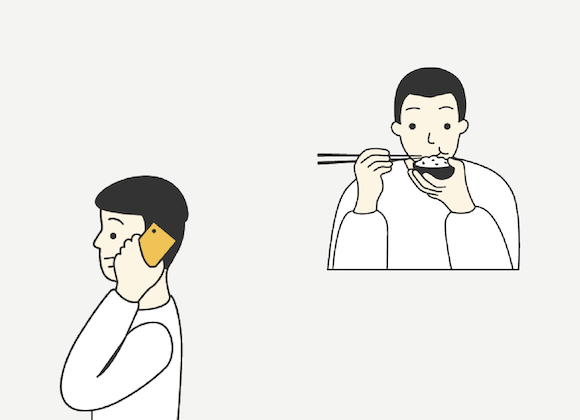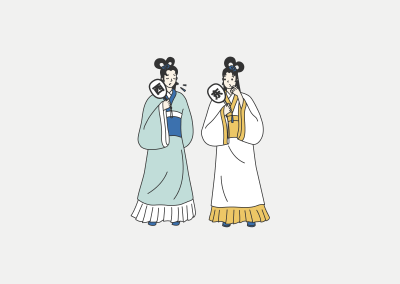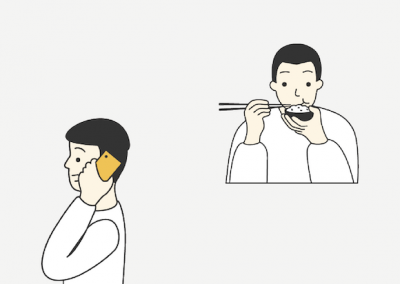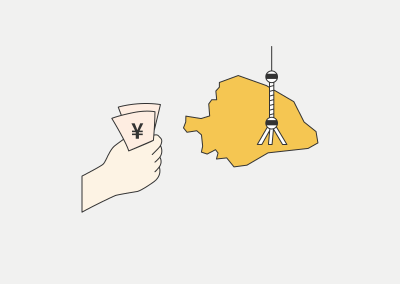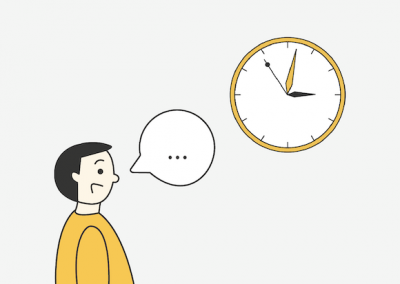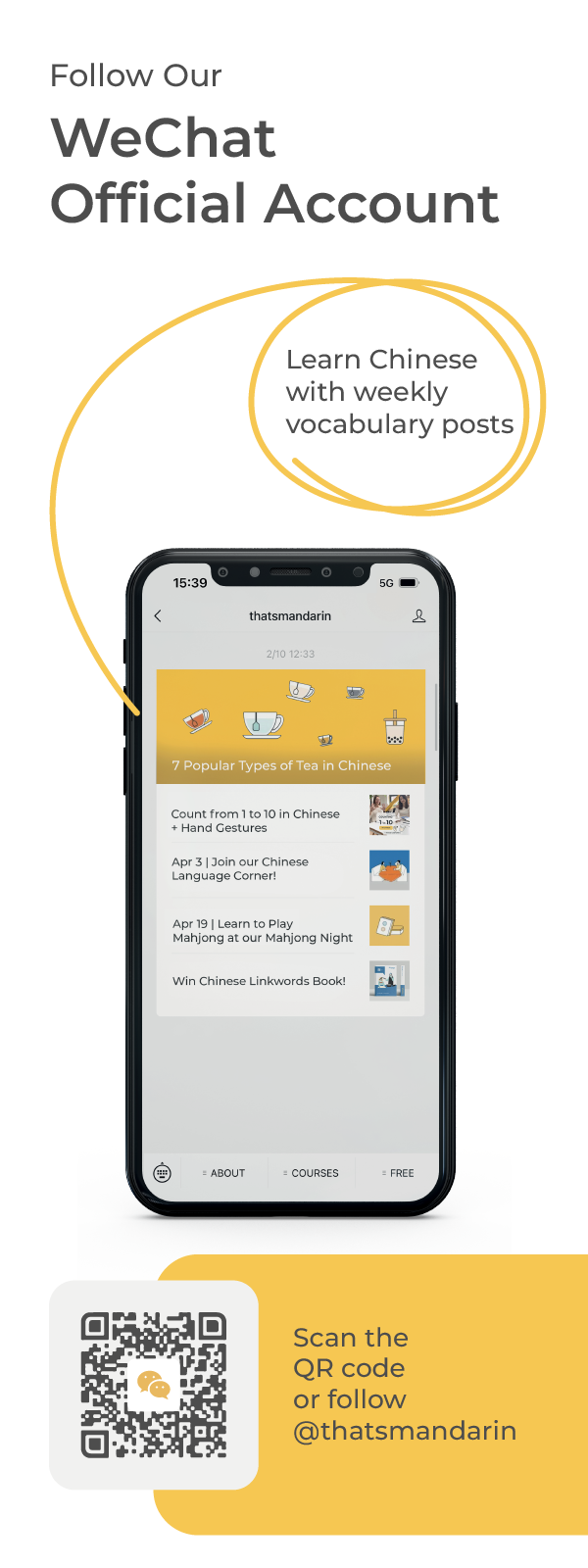5 Ways to Ask How Are You in Chinese and Start a Conversation
In chinese culture friendship is highly valued and many people are always willing to support their friends. This is why asking “how are you” in Chinese is not just a question – it is a way to show warmth, kindness and respect.
This guide will teach you five useful and popular ways to ask “how are you” in Chinese with real phrases and examples used in daily life.
1. Nǐ hǎo ma? – How are you in Chinese

你好吗?
Nǐ hǎo ma?
How are you?
(lit.) Are you good?
Nǐ hǎo ma is the most common and basic way to say “how are you” in Chinese. It literally means “are you good” and is widely used in everyday conversations in China. This phrase is perfect for beginners learning mandarin and helps you understand the basic structure of “yes-no” questions in Chinese.
In chinese language learning the pattern of “sentence plus 吗 ma” is very useful for forming simple “yes-no questions”. This makes “nǐ hǎo ma” a key phrase when practicing basic Chinese conversation.
Example Sentence in Chinese:
你喜欢中国吗?
Nǐ xǐhuān zhōng guó ma?
Do you like China?
2. Nǐ zěnmeyàng? – How is it going in Chinese
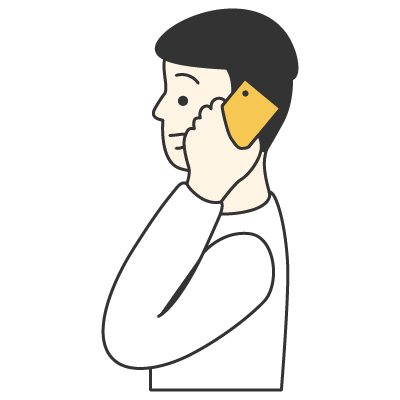
你怎么样?
Nǐ zěnmeyàng?
How are you?/How is it going?
Nǐ zěnmeyàng is a common and natural way to say “how are you” in Chinese, especially when asking a friend how things are going. The structure “noun plus 怎么样 zěnmeyàng” means “how is something” and it is used often in everyday Chinese conversation.
Compared with “nǐ hǎo ma” more native speakers use “nǐ zěnmeyàng” when they want to sound casual, friendly and natural. This phrase is great for learners who want to speak mandarin in a more relaxed and fluent way.
Example Sentence in Chinese
中国菜怎么样?
Zhōngguó cài zěnmeyàng?
How is Chinese food? / What do you think about Chinese food?
3. Zuìjìn hái hǎo ma? – How have you been recently in Chinese

最近还好吗?
Zuìjìn hái hǎo ma?
How have you been recently?
Zuìjìn hái hǎo ma is a useful and polite way to ask” how have you been recently” in Chinese. It is a perfect phrase to use when you have not seen someone for a while or want to catch up with a friend in Mandarin.
“Zuìjìn” means “recently” in Chinese and “hái hǎo ma” means “are you still good”. Together they create a phrase that sounds caring and natural. This greeting is often used in real Chinese conversations between friends, classmates and coworkers.
This phrase shows warmth and is great to use in messages or when meeting someone again after some time apart. It helps you connect with others and build strong relationships, using authentic Chinese expressions.
4. Zuìjìn zài máng shénme? – What have you been busy with recently in Chinese

最近在忙什么?
Zuìjìn zài máng shénme?
What have you been busy with recently?
Zuìjìn zài máng shénme is a common way to ask “what have you been busy with recently” in Chinese. This question shows interest in someone’s life, especially work or daily activities.
In China many people live busy, fast paced lives, and talking about work and daily tasks is a popular topic even during social gatherings. This phrase is useful for learners who want to connect in Mandarin using natural daily Chinese conversation phrases.
“Máng” means “busy” and “nǐ zài máng shénme” means “what are you busy with”. This phrase is great for asking about recent activities and showing you care about friends or colleagues.
5. Nǐ chī le ma? – Have you eaten in Chinese
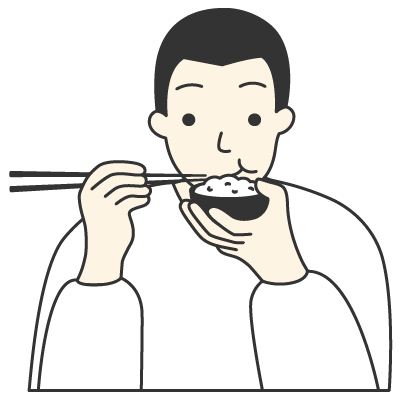
你吃了吗?
Nǐ chī le ma?
Have you eaten?
Nǐ chī le ma is a unique and popular way to ask “how are you” in Chinese. This question literally means “have you eaten”, but it is used like a greeting to show care and concern for someone’s well-being.
In chinese culture food is very important and asking “have you eaten” is a friendly way to start a conversation or check in on friends and family. This phrase is often heard after meal times and is a common Mandarin greeting for beginners.
10 Natural Ways to Ask How Are You in Chinese
Here are 10 common natural Chinese expressions to ask “how are you” that help you speak fluent Mandarin and connect better with native speakers.
最近怎么样?
Zuì jìn zěn me yàng?
How have you been lately in Chinese?
最近忙些什么?
Zuì jìn máng xiē shén me?
What have you been busy with recently?
最近去哪儿呢?
Zuì jìn qù nǎr ne?
Where have you been lately?
还好吧?
Hái hǎo ba?
Are you okay?
一切顺利吗?
Yī qiè shùn lì ma?
Is everything going smoothly?
顺利吗?
Shùnlì ma?
Did everything go well?
你怎么了?
Nǐ zěn me le?
What happened?
你不舒服吗?
Nǐ bù shūfu ma?
Are you feeling unwell?
身体好吗?
Shēntǐ hǎo ma?
How is your health?
什么事?
Shén me shì?
Whats up?
Use these natural “how are you” in Chinese phrases to improve your Mandarin speaking skills and sound like a native speaker.
To find out more interesting and useful Chinese vocabulary, check out one of our blog posts.
These posts are created for learning Chinese vocabulary and common Mandarin words. With easy Chinese phrases for beginners, they are perfect for improving your Mandarin speaking skills and daily Chinese conversation.

